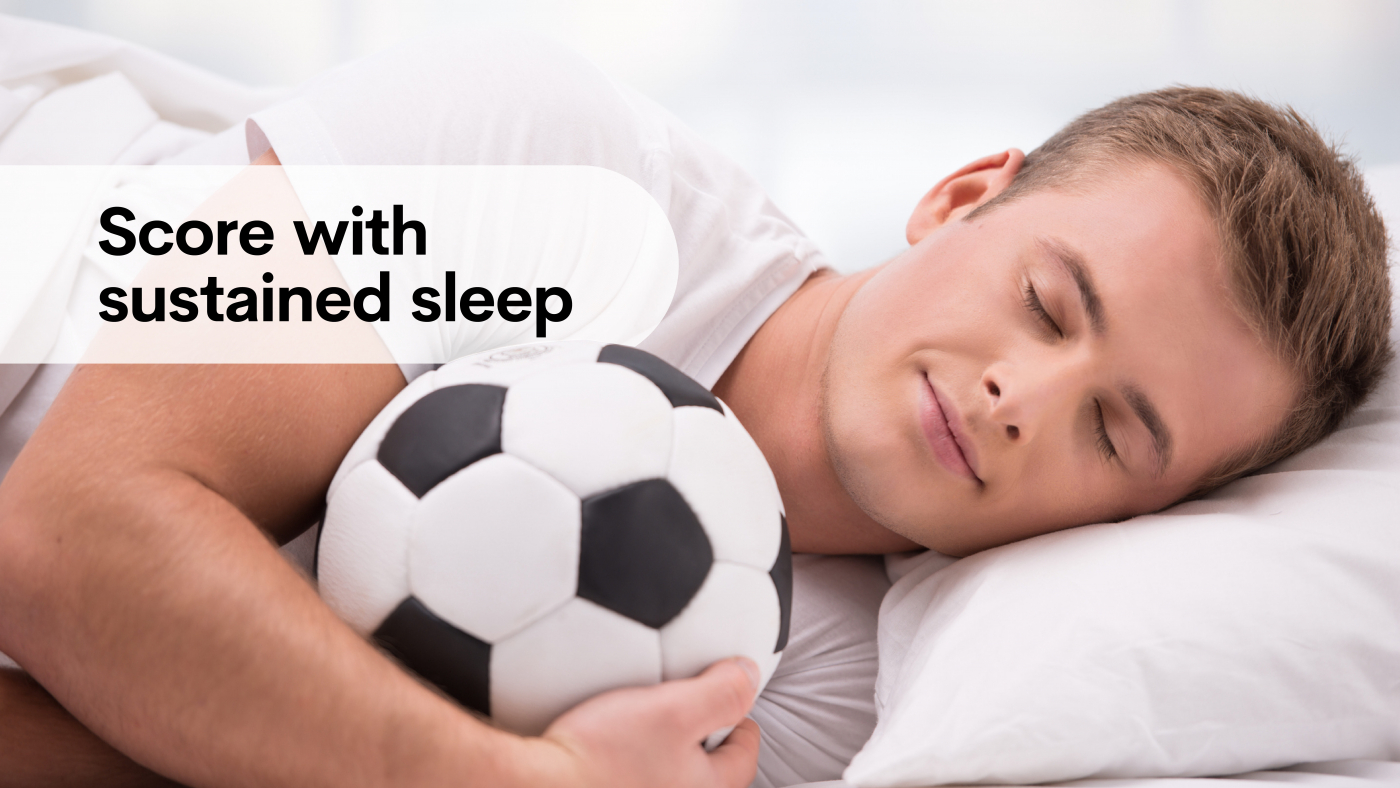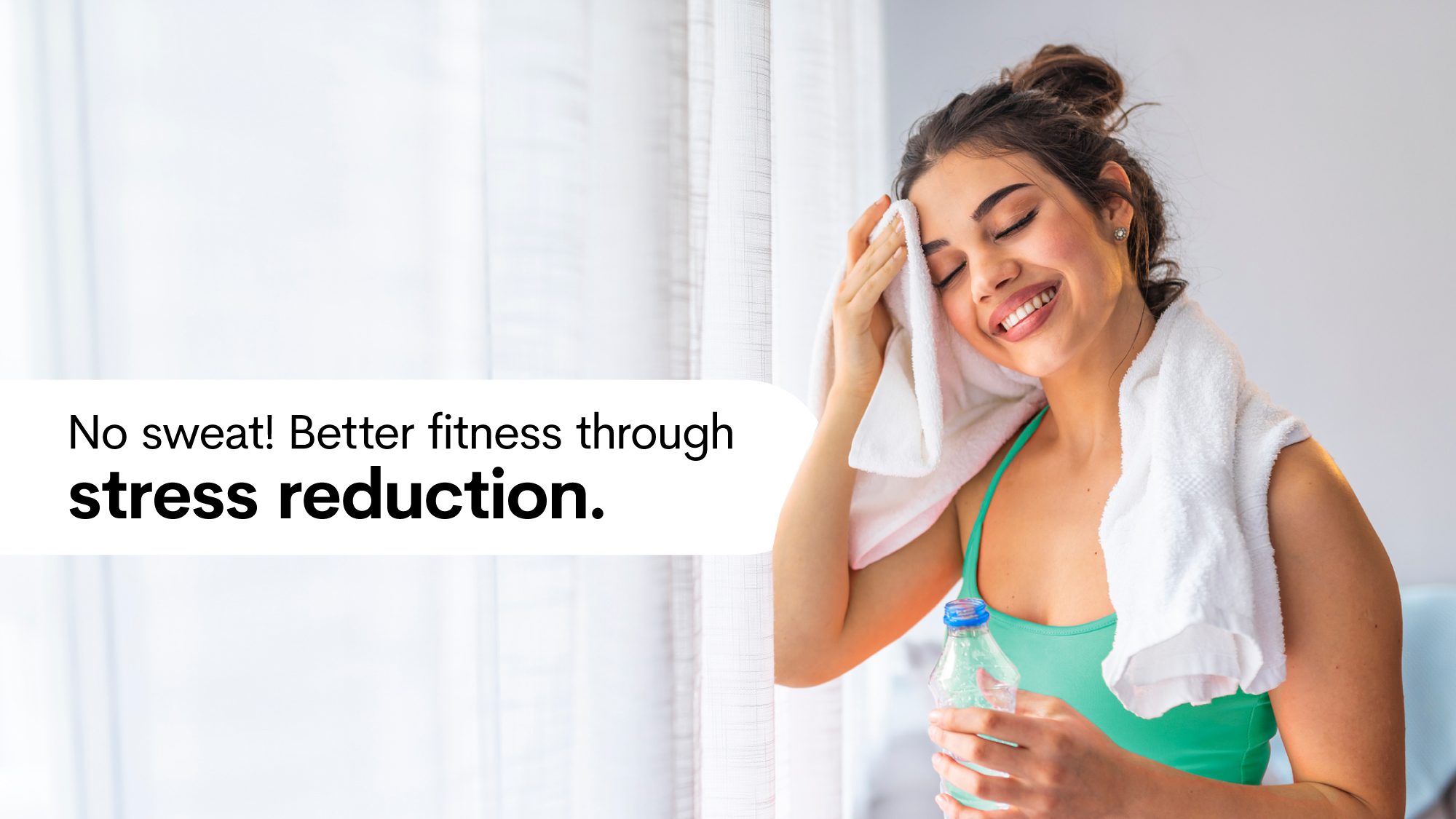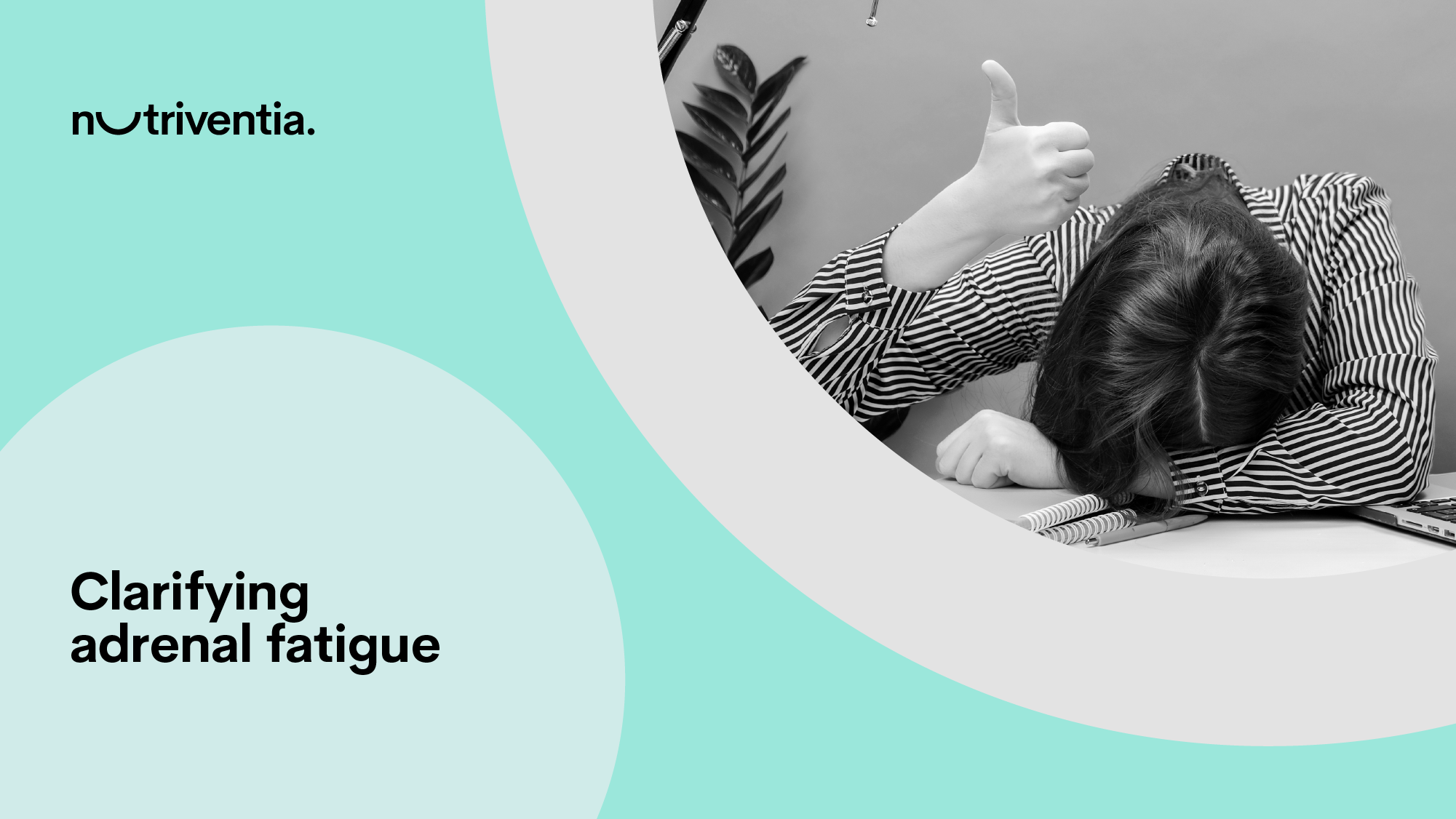Major League Baseball outfielder Matt Kemp stated, “If I have a bad game, I think about what I have to do to return to form. Figure it out, go to sleep, and wake up a new man.”
And that’s the point — being able to go to sleep and wake up anew, refreshed, ready to carpe diem. When sleeplessness hits, the next day’s workout or game results are impaired. According to the Sleep Foundation, Loss of sleep “can have adverse effects on athletes whose sports require a high level of cognitive function, such as decision-making and adapting to new situations.” 1
Several studies of athletes have shown that extending sleep duration had positive outcomes in competition the next day. For example, male basketball players who got 10 hours of sleep a night ran faster in half-court and full-court sprints, and their shooting improved by at least 9%. They also had improved physical and mental well-being. 2
Male and female swimmers who increased sleep duration to 10 hours also had several improvements in performance, for example, swifter reaction times off diving blocks and turn times, as well as an increase in kick strokes. 3
And varsity tennis players (men and women) who increased their sleep experienced significant improvement in accuracy of serves. 4
Meanwhile, the lack of sufficient sleep has also been shown to impact performance. For example, one study of male athletes who were sleep deprived had slower sprint times. 5 Sleep deprivation has been shown to be responsible for reduced serve accuracy of up to 53% in tennis players when compared to performance after normal sleep. 6 Male runners and volleyball players also exhausted more quickly after a poor night’s sleep. 7
According to market research from Nutrition Business Journal (NBJ), 28% of occasional sports nutrition users would purchase a new product to promote improved energy and stamina — a solution to achieve a sufficient and satisfactory workout. 8
Often, the top reason why consumers want to boost their energy before a daily workout is because of insufficient sleep the night before. Therefore, millions of health-oriented adults also seek natural sleep solutions.
Of all the sleep supplements, melatonin remains the go-to. In fact, it has captured 55% of sales in 2021, according to NBJ. 9
Melatonin is a crucial sleep-regulating hormone produced by the pineal gland, which increases its production of melatonin at nightfall in preparation for sleep.
A meta‐analysis of controlled human intervention studies in normal sleepers and subjects with insomnia showed that supplementation with immediate-release (IR) melatonin caused a statistically significant reduction of sleep onset latency (difficulty falling asleep) — but did not affect any other characteristic of sleep quality. 10
Conventional melatonin tends to be rapidly absorbed after ingestion. After processing by the liver (hepatic metabolism), peak plasma levels occur between 20 minutes and 2 hours and then last for up to 1.5 hours (depending on the dose), before declining at a half-life of 40 minutes or so. For many individuals, this timeframe doesn’t suffice — and taking more melatonin is not usually an option for concerns about side effects such as post-wake sluggishness and prolonged vivid dreaming.
According to one review, several placebo‐controlled clinical trials using a prolonged‐release melatonin (PRM) formulation, have shown that it improves subjective sleep quality as well as reducing time to fall asleep and improves morning alertness and quality of life; the researchers concluded that these results suggest improvement in the restorative quality of sleep with prolonged release melatonin.
But not all melatonin supplements with a prolonged release are equally efficacious. One sustained-release melatonin, Melotime™, is shown to help promote eight hours of sound sleep. Its unique release profile not only helps promote sleep and stay asleep but also to awaken naturally and alert. Melotime™ is released systematically during 8 hours of sleep, releasing the first 50% of the dose in the first hour and then the subsequent dosage is released at each 1 hour thereafter. This unique release profile ensures that the right dose of melatonin is achieved without the morning sluggishness.
Another aspect of poor sleep that affects athletic performance and workouts is the ability to concentrate and enjoy peak cognitive function. Melotime™ may improve certain aspects of cognitive functioning because of its ability to induce better sleep.
When considering strategizing a supplement routine to get the most out of an active lifestyle and/or athletic performance, don’t neglect quality, sustained sleep.
References:
- http://www.sleepfoundation.org/physical-activity/athletic-performance-and-sleep
- Mah, C. D., et al. The effects of sleep extension on the athletic performance of collegiate basketball players. Sleep, 2011 34(7), 943–950
- Vitale, K. C., et al. (2019). Sleep hygiene for optimizing recovery in athletes: Review and recommendations. International Journal of Sports Medicine, 40(8), 535–543.
- Schwartz J, Simon RD Jr. Sleep extension improves serving accuracy: A study with college varsity tennis players. Physiol Behav. 2015 Nov 1;151:541-4.
- Skein, M., Intermittent-Sprint Performance and Muscle Glycogen after 30 h of Sleep Deprivation. Medicine & Science in Sports & Exercise, 2011 43(7), 1301–1311.
- Reyner LA, Horne JA. Sleep restriction and serving accuracy in performance tennis players, and effects of caffeine. Physiol Behav. 2013 Aug 15;120:93-6.
- Azboy O, Kaygisiz Z. Effects of sleep deprivation on cardiorespiratory functions of the runners and volleyball players during rest and exercise. Acta Physiol Hung. 2009 Mar;96(1):29-36.
- Nutrition Business Journal “Sports Nutrition and Weight Management Report 2023”
- Nutrition Business Journal “Condition Specific Report 2022”
- Zisapel, Drugs for insomnia” Expert Opin Emerg Drugs. 2012 Sep;17(3):299-317
- Zisapel, Melatonin and sleep. Open Neuroendocrinol J 2010 3: 85–95.



